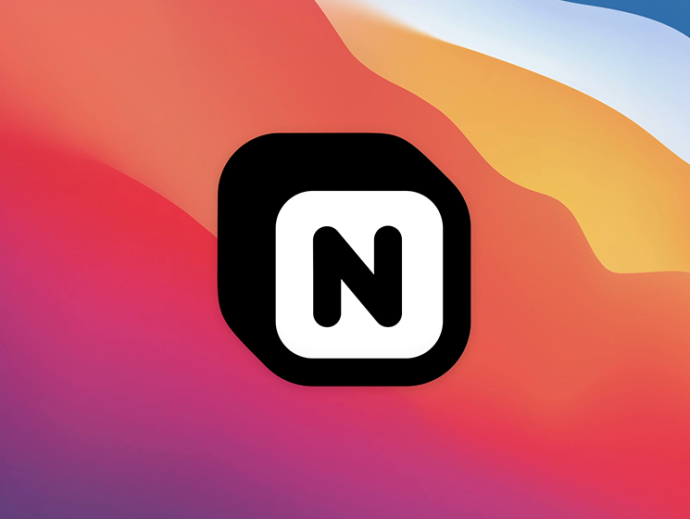This article is designed for tech-savvy individuals, social media users, and those interested in the implications of emerging technologies like the metaverse. It aims to educate readers about potential concerns related to Facebook’s role in shaping the metaverse and its impact on privacy, addiction, and innovation.
The Pioneering Push for a Meta-led Metaverse
In the realm of disruptive technologies, pioneers often reign supreme. Facebook, now Meta, is no stranger to this concept. As a multi-billion-dollar tech giant, it transitioned from social media leader to metaverse trailblazer, echoing its success in a new technological revolution. This raises concerns of potential monopolization by a few tech giants, potentially diverging from the decentralized metaverse utopia many envision.
Privacy Dilemma: The Data Harvest in the Metaverse
Facebook’s privacy controversies have persisted over the years. Notably, the Cambridge Analytica scandal spotlighted the extent of data collection within the platform. As Meta transitions to the metaverse, it’s investing billions in mixed reality (MR) technologies, core components of the metaverse that could magnify data extraction. Current MR devices incorporate intricate tracking mechanisms, potentially capturing users’ personal characteristics, behaviors, and even brain activity.
Meta’s history of sharing data further complicates matters. The potential amalgamation of intrusive data in a Meta-led metaverse raises alarms about the further commercialization and usage of personal information.

Digital Addiction Amplified: The Gen Z Conundrum
Social media’s addictive nature has drawn attention, particularly among younger users. Meta’s sizable user base places it in the spotlight for perpetuating digital addiction. Reports indicate that many young Facebook users acknowledge their dependence but struggle to reduce usage due to perceived entrapment. Meta’s financial interests have often overshadowed concerns about its impact on mental health.

The metaverse’s immersive nature could exacerbate these issues. Meta’s targeting of young users through platforms like TikTok reveals a pursuit of a metaverse fueled by digital addiction. This approach, coupled with past practices, raises concerns about the impact on Generation Z’s well-being.
Monopoly Menace: Innovation Struggles in a Meta-led Metaverse
Meta’s dominance in the social media realm casts a shadow over digital life. The metaverse’s potential to revolutionize experiences presents both excitement and trepidation. However, a Meta-driven metaverse could concentrate control within a single corporation. Innovation within the metaverse landscape may suffer, as Meta’s strategies historically prioritize scaling and competition elimination.
Meta’s history of acquisitions, feature replication, and market dominance could limit the potential for smaller players to contribute. This concentration of power threatens diverse innovation and stifles the development of an open and collaborative metaverse.

Meta’s Vision of the Metaverse
While decentralization is a prevailing belief in the metaverse’s evolution, Big Tech companies like Meta hold contrasting visions. Meta’s approach aligns more with an extension of its existing ecosystem, rather than a user-driven utopia. This raises concerns about the potential pitfalls of a Meta-led metaverse, especially without a robust governance structure.
Conclusion
The shift toward a Meta-led metaverse presents a blend of promise and trepidation. Balancing the excitement of technological advancement with potential consequences remains paramount. As discussions about the metaverse continue, it’s imperative to scrutinize its pioneers, their intentions, and the implications of their dominance on the digital landscape.










